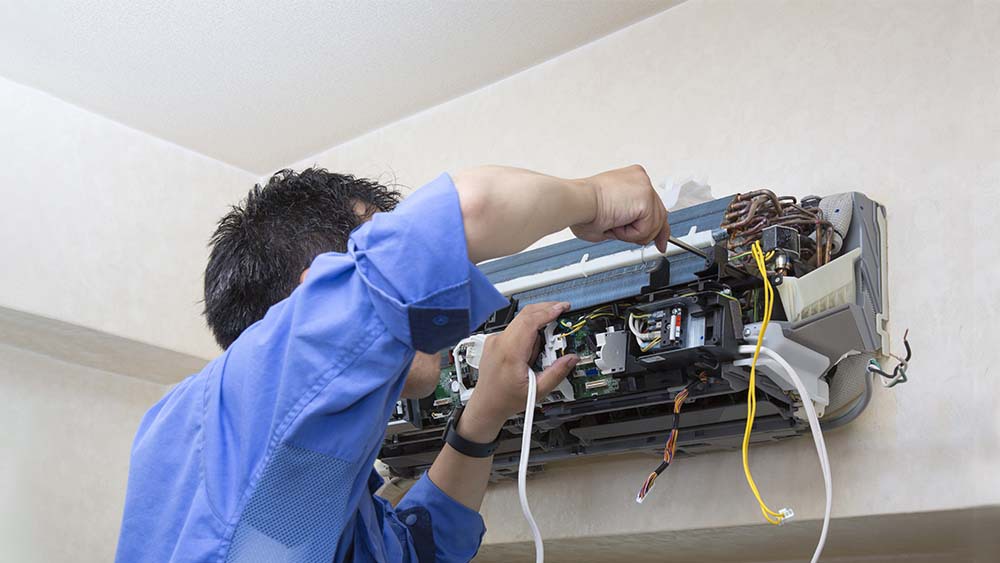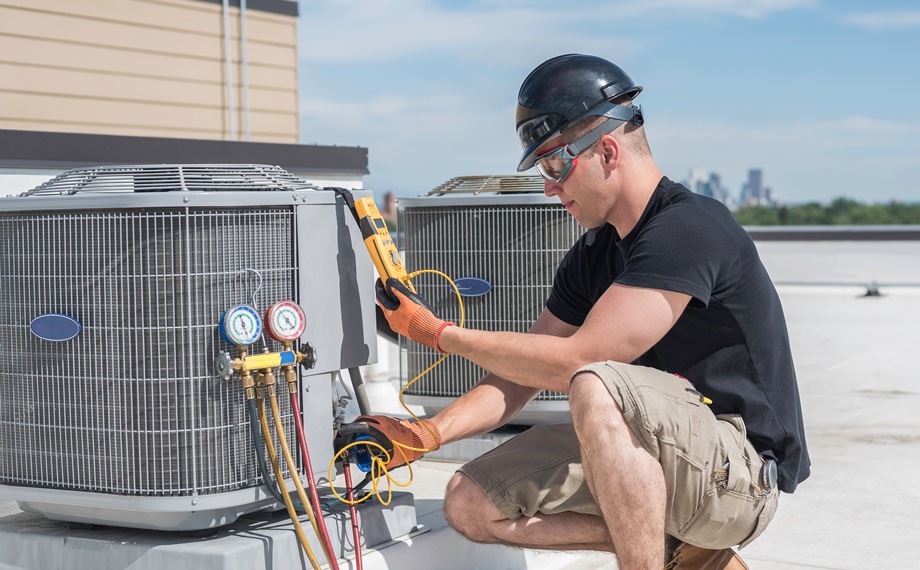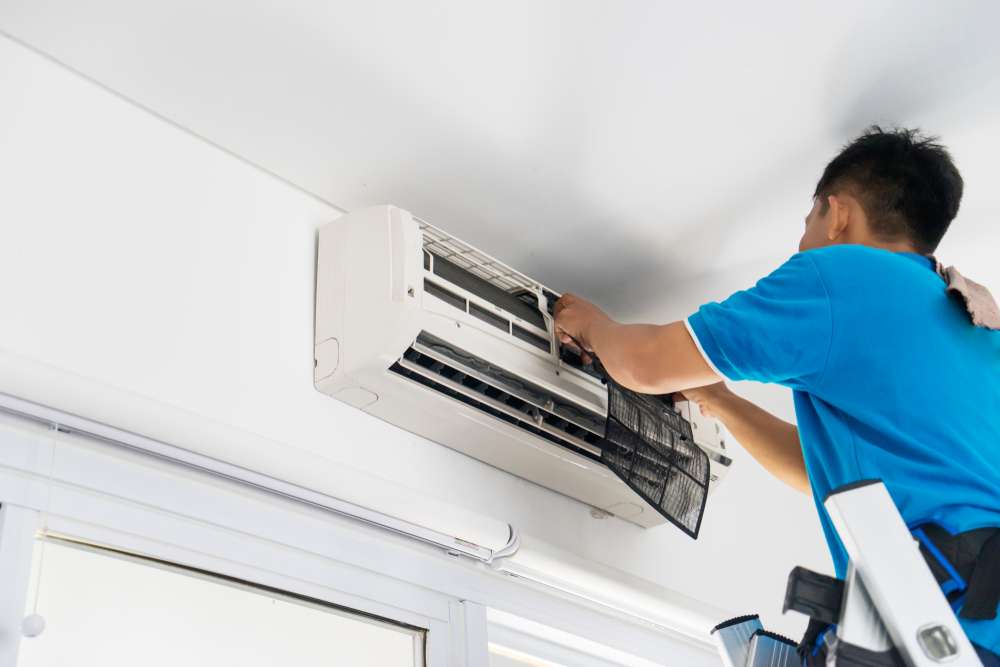
As a rental property investor, the type of tenants you have can make or break your business. Having good tenants means consistent income, fewer headaches, and vacancies. On the other hand, bad tenants are a nightmare causing all sorts of problems.
Failure of tenants to pay (or pay late) could disrupt your entire operation. Some bad tenants mistreat their rental units and end up damaging them. And chances are you won’t know about the damages until the tenants move out.
Some tenants constitute a nuisance and bother other tenants while there are those that won’t leave. Having any of the categories of bad tenants above could significantly affect your business by costing you money, extending turnover time, among other problems.
It’s in your best interest to avoid bad tenants and below are steps that will help you achieve this.
1. Send out professional ads
The first step to avoiding bad tenants starts with your property’s advertisements. And, professional ads tend to attract responsible people. Include high-quality images and keep your ads clear, concise, and professional. You should also use industry terms and upscale language to describe your rental units.
Irresponsible people tend to stay away from professional ads as they know the owner means business. Instead, they look for ads that suggest easy-prey landlords that could put up with their antics. And they do this by going through ad design and language.
Don’t appear desperate in your ads even if your rental property has been vacant for some time. Words like ‘tenants needed urgently’ or ‘immediate tenants’ appeal to prospective bad tenants who smell desperation. And, they will start a lease with the intention of taking advantage of your desperation.
2. Maintain competitive rates
Competitive rates are also key to finding good tenants. Look for comparable homes in your area and find out their rental rates. Some websites can help you out here as they provide rental rates in different areas. Do your research and offer competitive rates to tenants.
If your rental rate is in the extreme (too high or too low), chances are you’ll be missing out on good tenants. Low rental rates signal desperation and lack or inadequate knowledge of the market. It also tells prospective clients you aren’t confident of leasing out your property. And this attracts bad tenants.
On the other hand, if your rate is too high, you’ll have a difficult time finding tenants. After all, there are other available properties at more affordable rates.
3. Properly screen prospective tenants
Anyone who has ever managed a rental property knows the benefits of screening prospective tenants. However, the process must be properly done to identify red flags and avoid prospective bad tenants. Organize face-to-face meetings with prospective tenants to discuss the terms of agreement.
Timelines, body language, and the ability to ask the right questions are things to look out for when meeting a prospective tenant. If a face-to-face meeting isn’t possible, you can instead schedule a phone call to get a sense of the person’s communication style as well as personality.
4. Consider hiring a reputable property management business
A property management company offers several services related to property management such as property marketing, tenant screening, rent collection, property maintenance, and so on. By leaving the tenant screening process to a reputable property management company, you can avoid renting out to bad tenants.
Research property management companies in your area and go for one with a good review. It’s also better to hire companies that offer a wide range of services. This way, you know the company is well-equipped to handle any problem that may come up.
“Let’s face it: at the end of the day, collecting rent checks and taking care of repairs is the bare minimum of property management. Our team goes a step further, working to keep you satisfied and going the extra mile to get great results for your investment,” says RPM Evolve, an Arizona Property Management Company.
5. Create a solid and no-nonsense rental agreement
A solid and no-nonsense rental agreement is bound to deter prospective bad tenants. Your rental agreement could forbid partial payments or cash payments. Whatever it is you put there, make sure it’s clear. You are protecting yourself, something that tends to scare irresponsible people.
Also, avoid close-ended questions (yes or no) in your written lease or rental application. Instead, let your questions be more open. For example, ask for the previous landlord’s contact information instead of just asking whether they’ve rented a property before. You should also verify employment and tax record to ensure prospective tenants can afford the rent.






